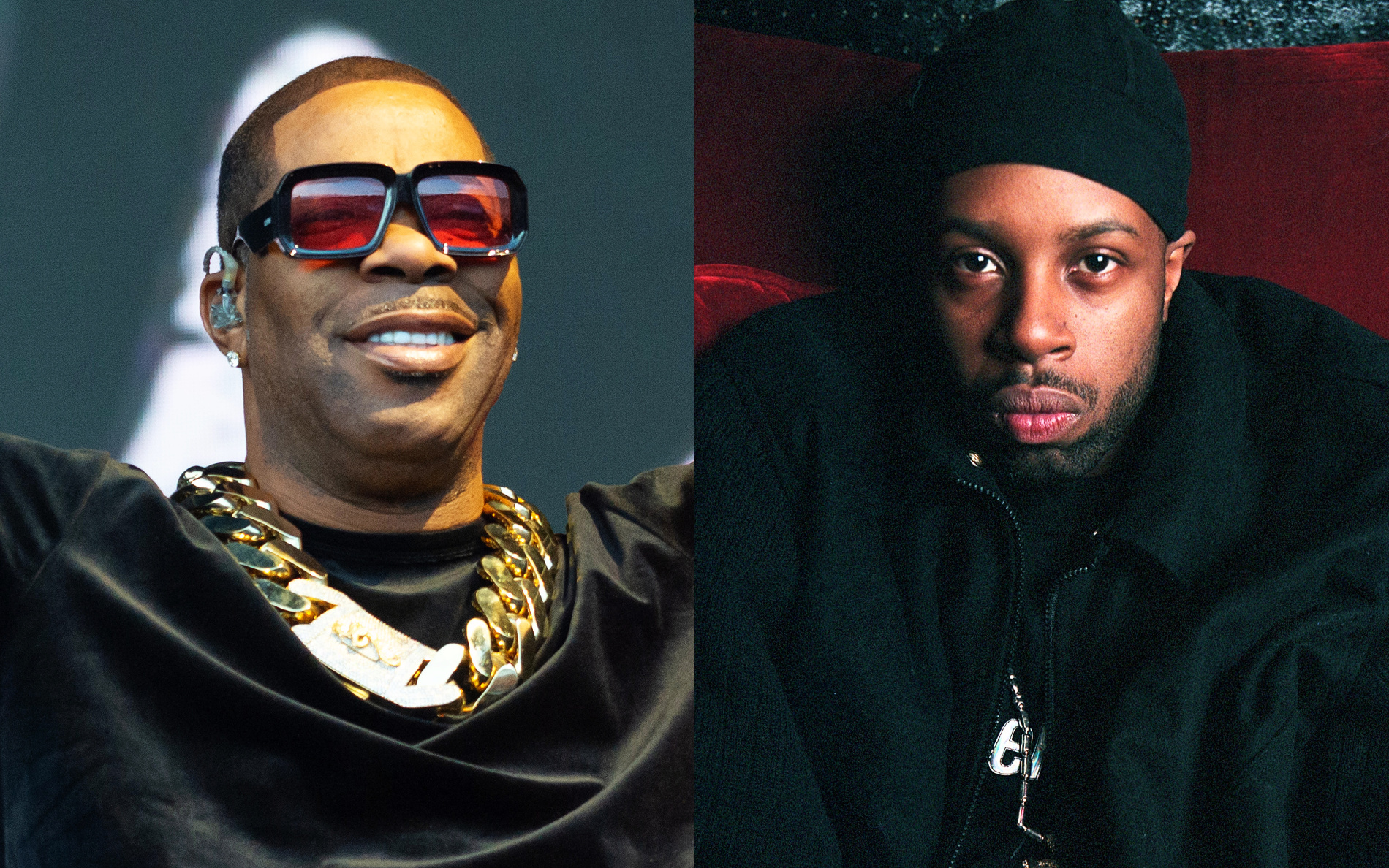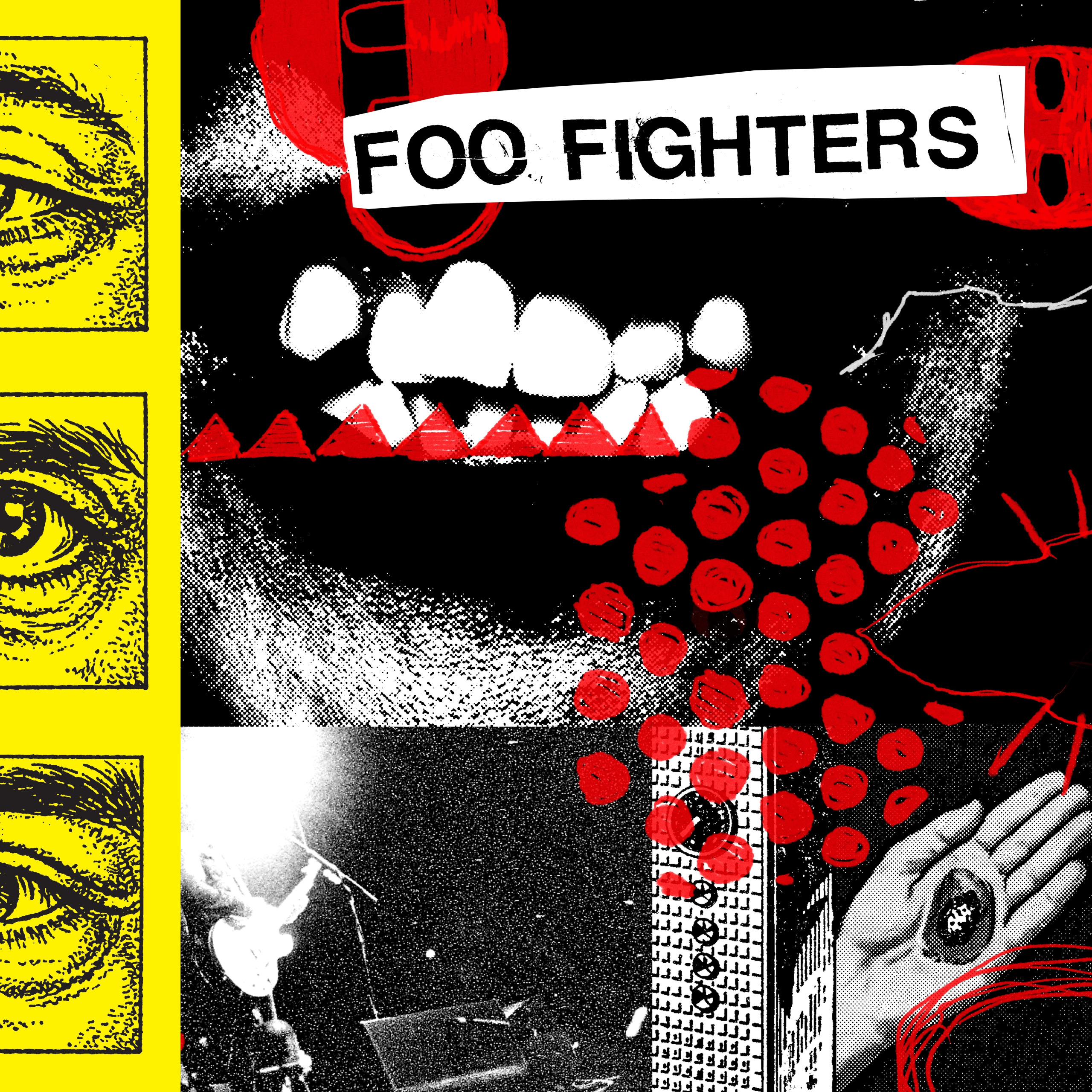
Imagine looking through a telescope to get a closer look at the stars in the night sky. Now, imagine you can hear them.
Since 2020, the “sonification” project at NASA’s Chandra X-ray Center has recorded digital data by telescopes and translated it into notes and sounds, allowing people to interact with lunar intelligence in a completely new way. The process enables the listener “to experience the data through the sense of hearing instead of seeing it as images,” according to NASA.
The team has been working with the data in X-ray, visible and infrared light for years, but has now found a way to develop versions of it that can be played by musicians.
“It’s like a writing a fictional story that is largely based on real facts,” said composer Sophie Kastner. “We are taking the data from space that has been translated into sound and putting a new and human twist on it.”
Kastner created a piece titled “Where Parallel Lines Converge,” which features “data sonifications” from the Chandra, Hubble and Spitzer NASA space telescopes. The music taps into data recorded roughly 400 light-years away from a small region at the center of our Milky Way galaxy, where a supermassive black hole resides.
“In some ways, this is just another way for humans to interact with the night sky just as they have throughout recorded history,” added Kimberly Arcand, a Chandra visualization and emerging technology scientist. “We are using different tools but the concept of being inspired by the heavens to make art remains the same.”
For more information on the program and to play the “sonification” yourself, head here.







